LEARNING
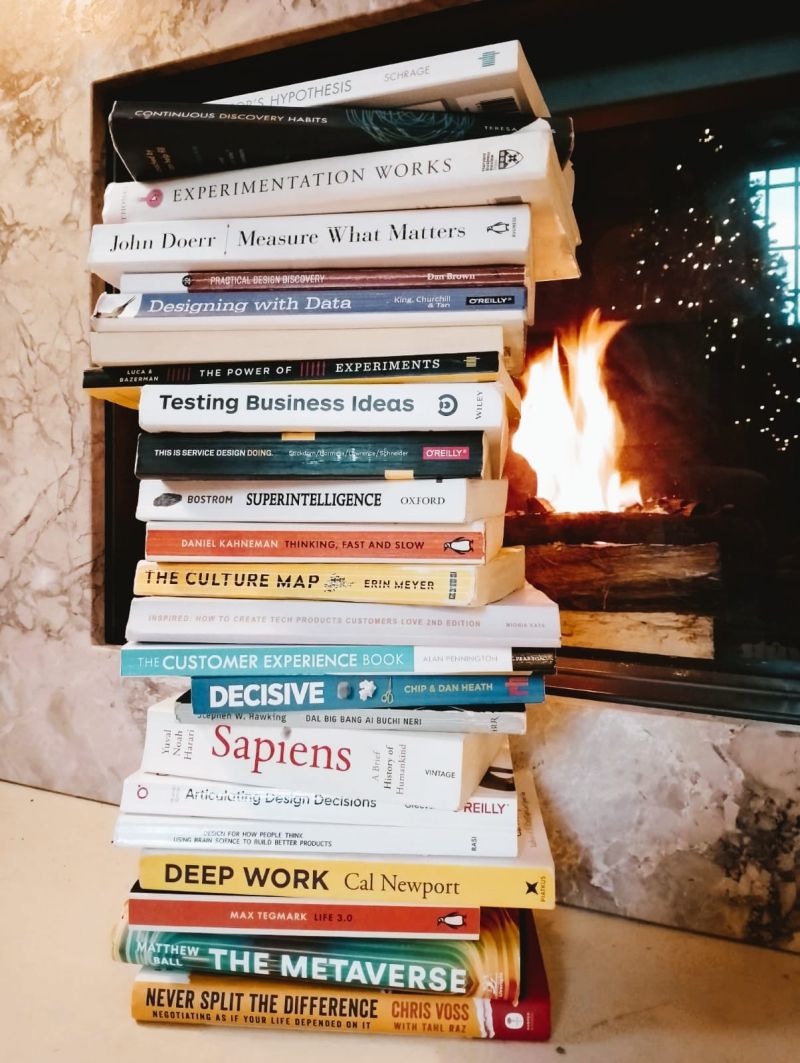
🧪 Successful experiment!
Reading one book a week for six months.
Results:
– 24 books read;
– direct contacts with 13 authors who answered questions and shared opinions on book subjects;
– 7 meetings with mentors from other companies to explore new topics;
– 3 books borrowed from colleagues in the office.
😳 Sharing personal library of paper books in the office is the most unexpected discovery: colleagues see what you read, ask questions, get recommendations on other interesting books, share books.
🚀 The most insightful topic: experimentation in the creative process.
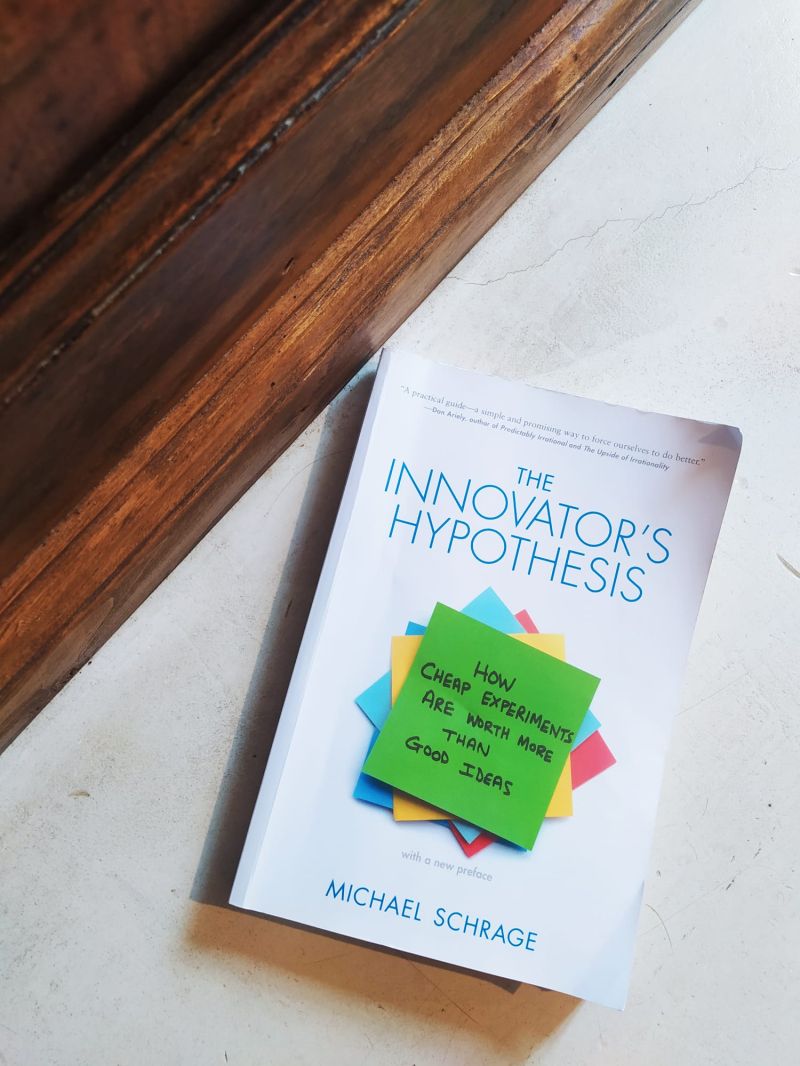
/ The innovator’s hypothesis
How cheap experiments are worth more than good ideas
Michael Schrage
“Experimentation is the least arrogant method of gaining knowledge. Isaac Asimov
[…]
The challenge isn’t crafting the best possible experiment to test a business hypothesis, it’s crafting the best simple experiments with a minimum of time and money.”
23° – 28/11/22
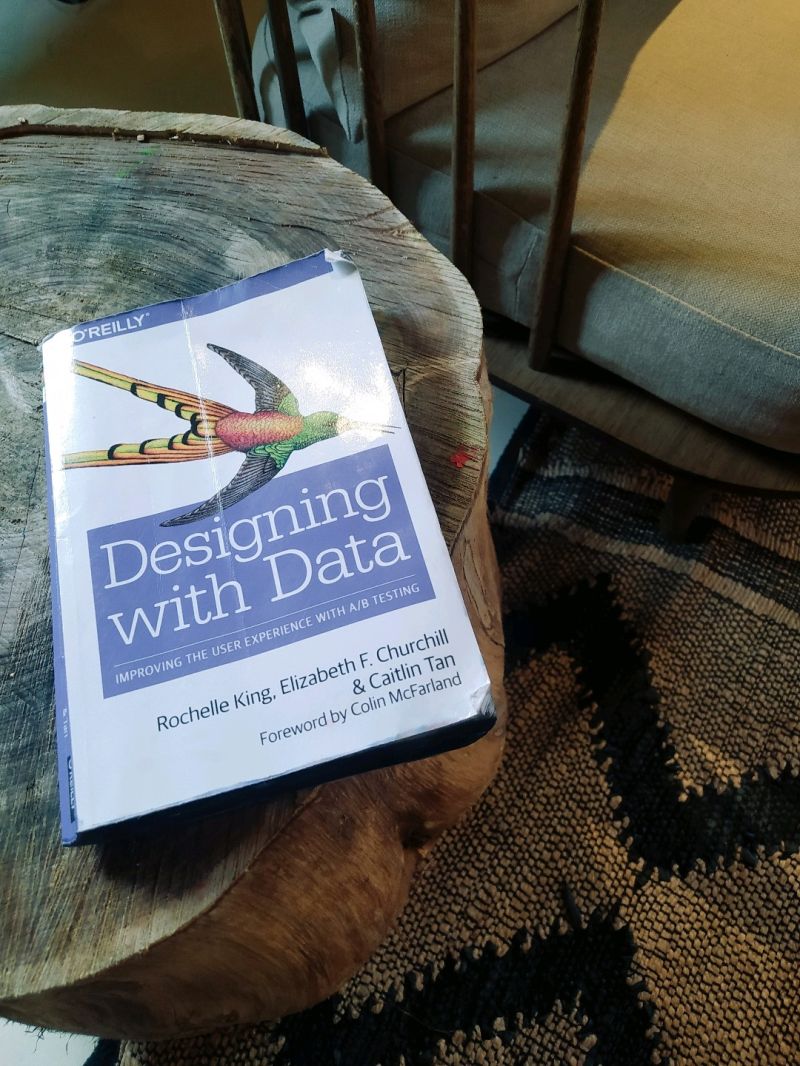
/ Designing with Data
Improving the user experience with A/B testing
Rochelle King , Elizabeth Churchill , Caitlin Tan
“By using A/B tests teams can ‘glimpse into the future’ to see how their product is likely to perform.
[…]
The company can save time and resources by investing further in projects that perform well, while redesigning, rethinking, or pivoting away from ideas that perform poorly.
[…]
Well-designed and well-executed experiments can help fill in the gap by providing product teams meaningful insights that generalize to how a feature or product will perform in the wild.”
22° – 21/11/22
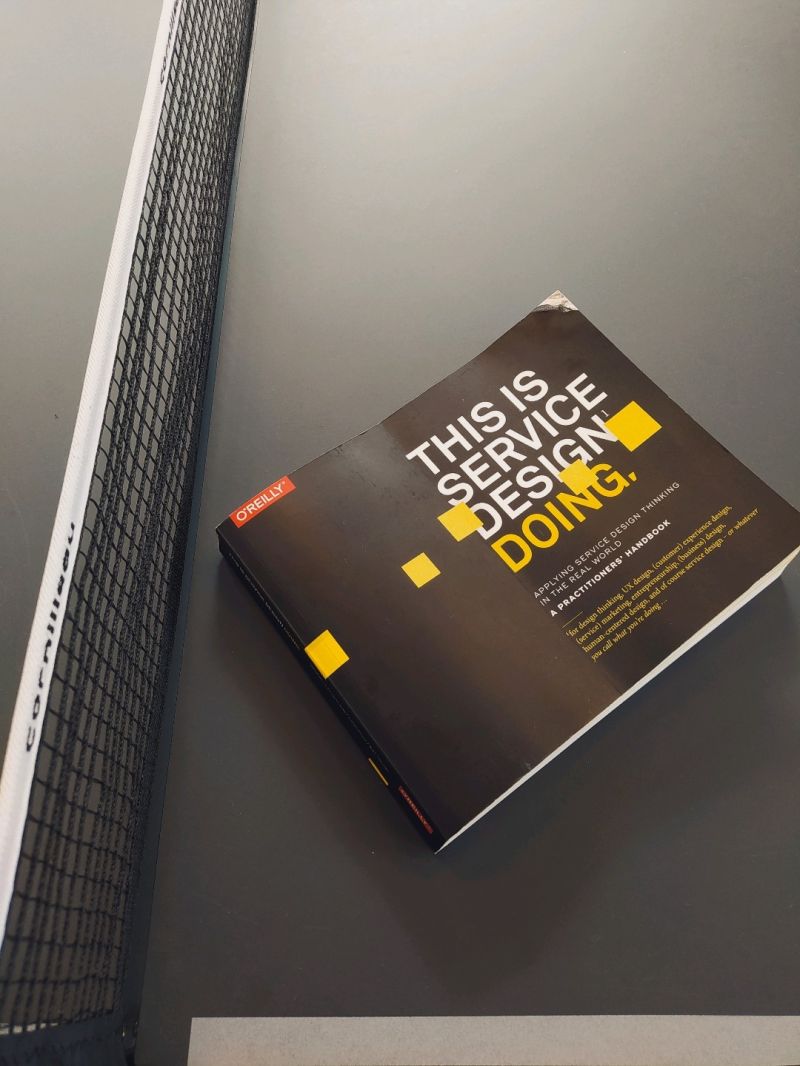
/ This is service design doing
Applying service design thinking in the real world
Marc Stickdorn , Markus Edgar Hormeß , Adam StJohn Lawrence , Schneider.
“What has changed in service design?
– The emphasis on iteration, starting with small, cheap attempts and experiments, allowing them to fail, learning from the failure, and adapting the process along the way. […]
– Service design’s pragmatic foundation on research and prototyping, not on opinions or lofty concepts. It is an essentially practical approach. Doing, not talking. […]
– The imminent and central need for service design to be relevant to business.”
21° – 14/11/22
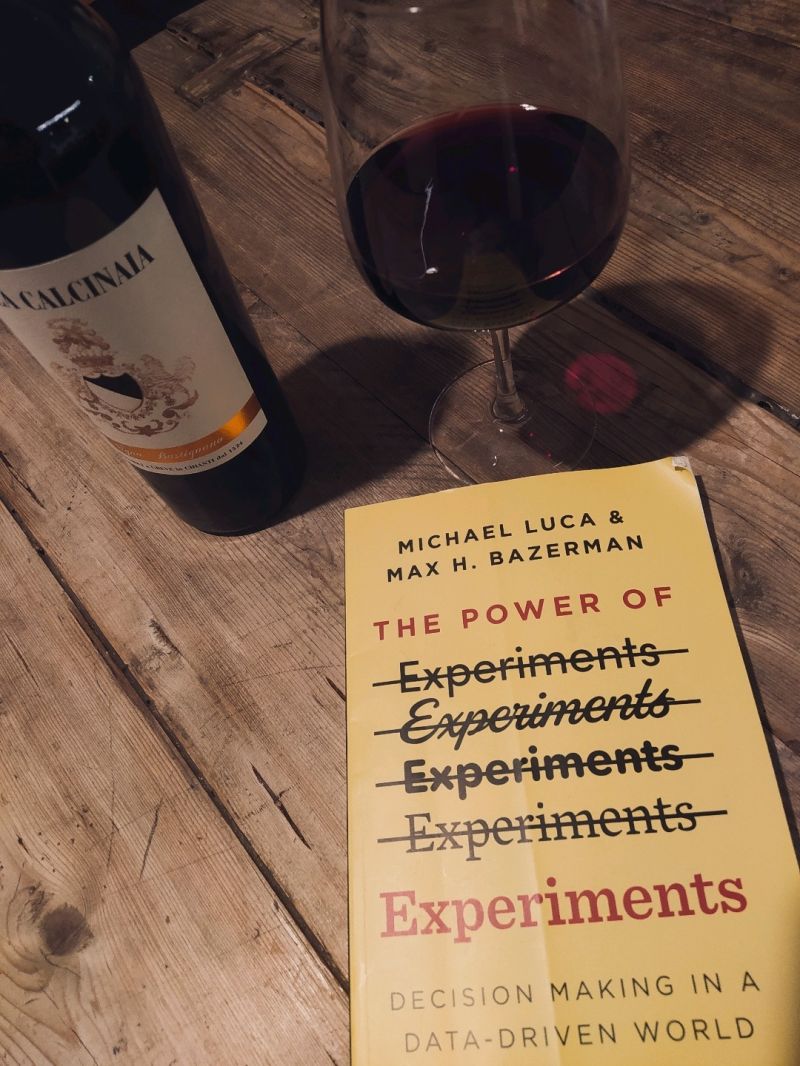
/ The Power of Experiments
Decision making in a data-driven world
Michael Luca
Max H. Bazerman
“Effective experimentation requires managerial judgment, careful interpretation of results, and an appreciation of both the strengths and limitations of experiments.
Leaders often rely on their very faulty intuition when making decisions about the future. […]
Leaders need to have the humility and confidence to know what they don’t know, and to use experiments as part of their toolkit for answering tough questions.”
20° – 7/11/22
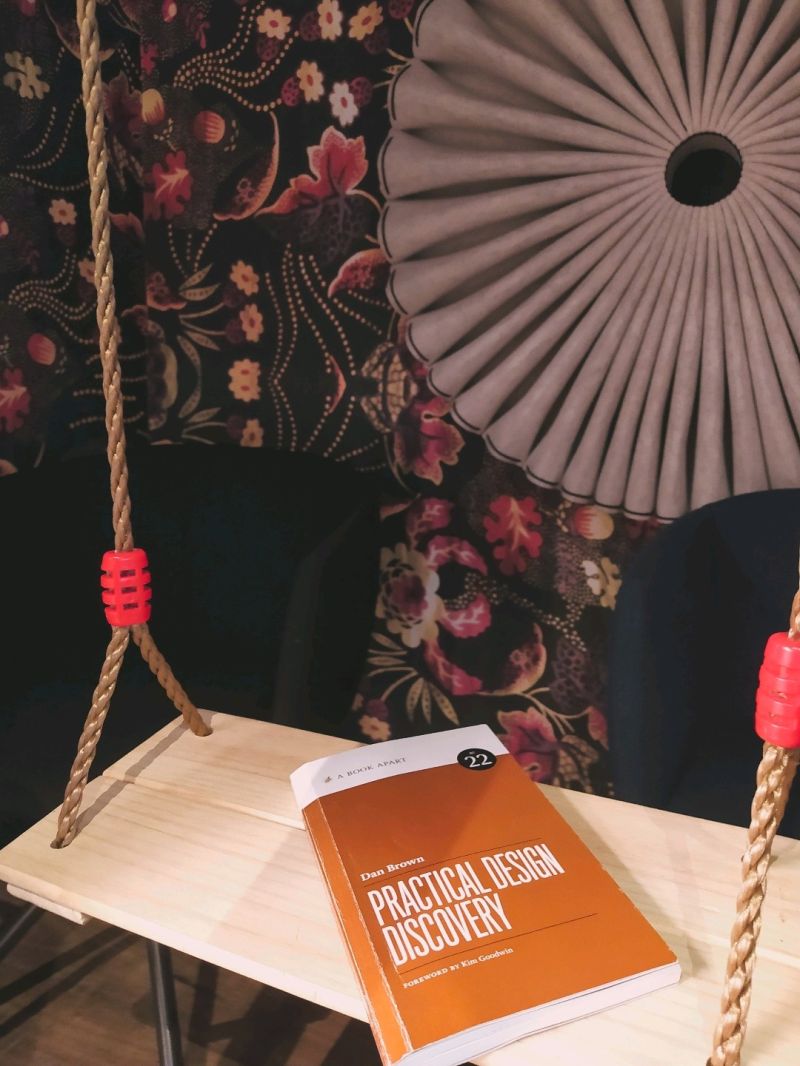
/ Practical Design Discovery
Dan Brown
“Discovery is not a specific process or artifact. It’s not a phase or methodology. It’s an attitude.
Discovery frames the problem AND the solution: you can’t truly understand a problem until you spend some time solving it.
Discovery happens throughout the design process: we are constantly learning.
Discovery is a mindset, not a phase: to fit into modern workplace, we’ll concede to having a “discovery phase” or “design sprint”, but the truth is we just don’t know when the creative breakthrough will come, or when we’ll have to answer more questions.”
19° -21/11/22
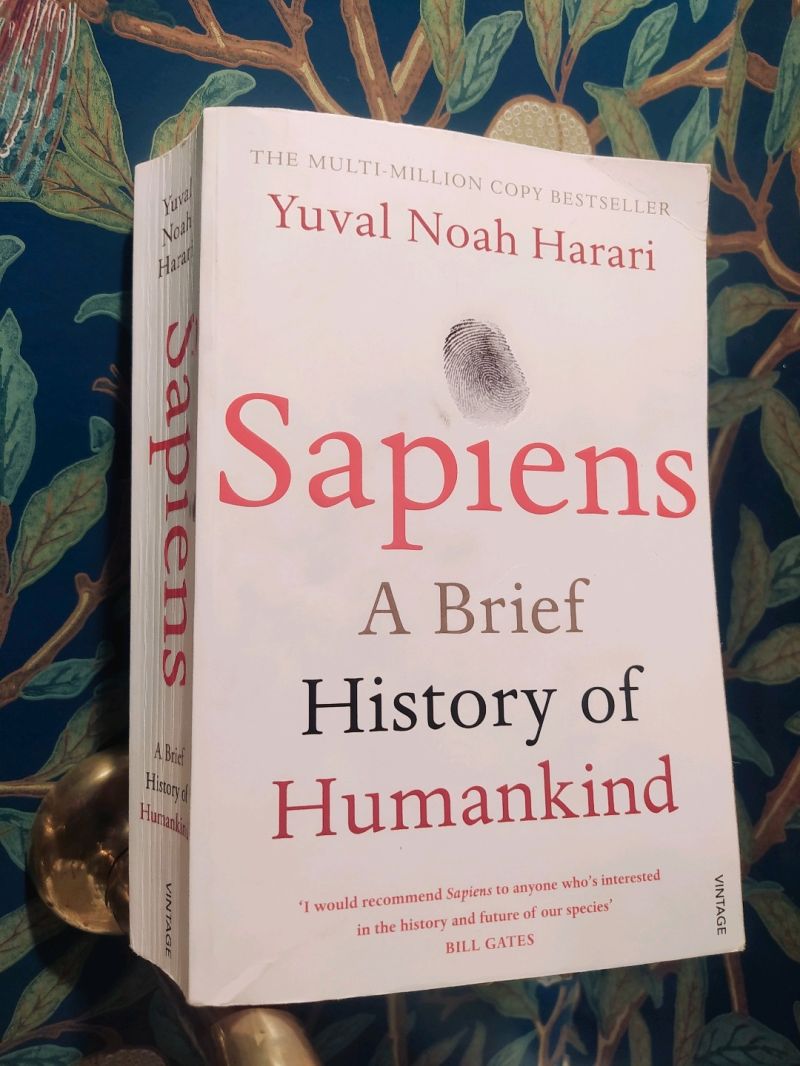
/ Sapiens
A Brief History of Humankind
Yuval Noah Harari
“Humankind ascended to the top so quickly that the ecosystem was not given time to adjust.
Moreover, humans themselves failed to adjust. Most top predators of the planet are majestic creatures. Millions of years of dominion have filled them with self-confidence. Sapiens by contrast is more like a banana republic dictator. Having so recently been one of the underdogs of the savannah, we are full of fears and anxieties over our position, which makes us doubly cruel and dangerous.”
18° – 7/11/22
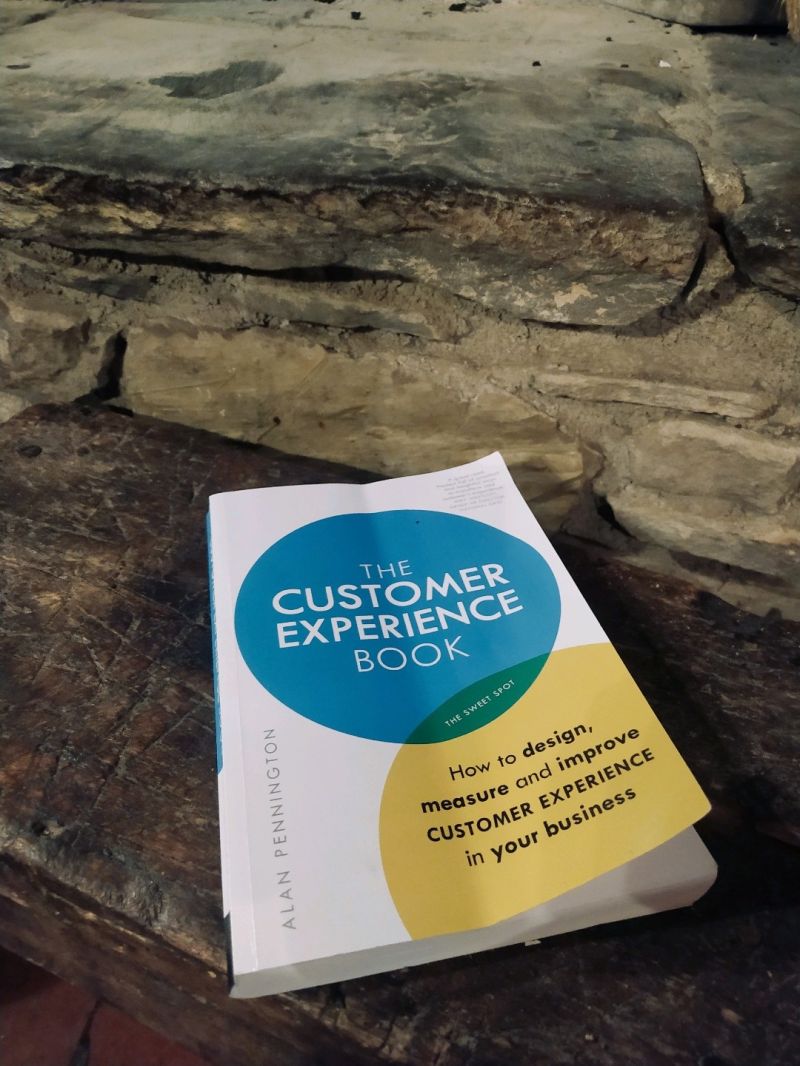
/ The customer experience book.
How to design, measure and improve customer experience in your business.
Alan Pennington
“I’ve learned that people will forget what you said, people will forget what you did, but people will never forget how you made them feel.” Maya Angelou
17° – 31/10/22
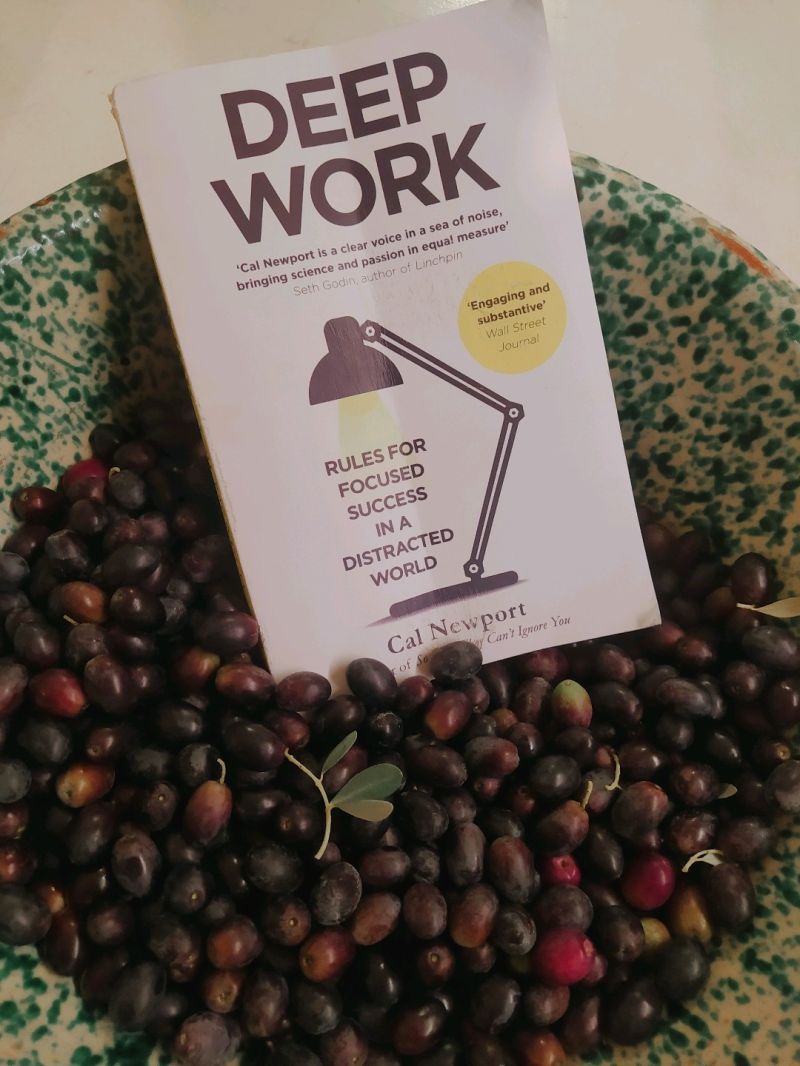
/ Deep work
Rules for focused success in a distracted world
Cal Newport
“Deep work is an activity well suited to generate a flow state, […] stretching your mind to its limits, concentrating, and losing yourself in an activity.
And flow generates happiness”.
16° – 24/10/22
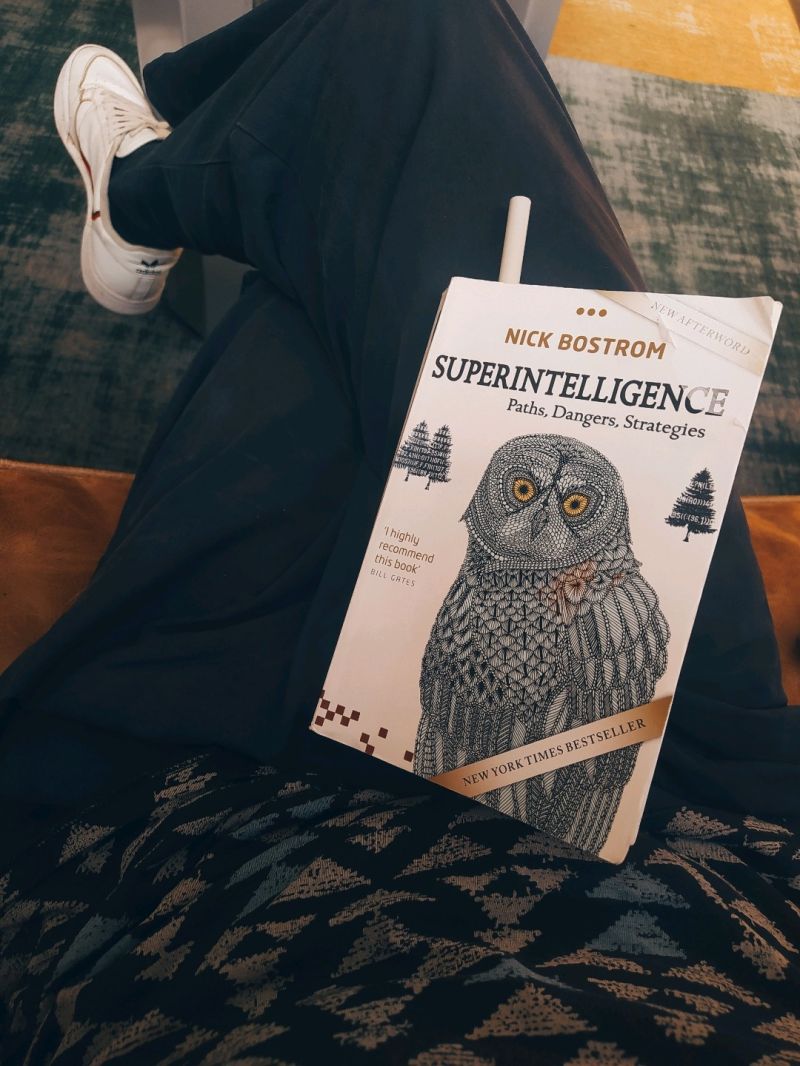
/ Superintelligence
Paths, Dangers, Strategies
Nick Bostrom
“The first ultraintelligent machine is the last invention that man need ever make, provided that the machine is docile enough to tell us how to keep it under control.”
15° – 17/10/22
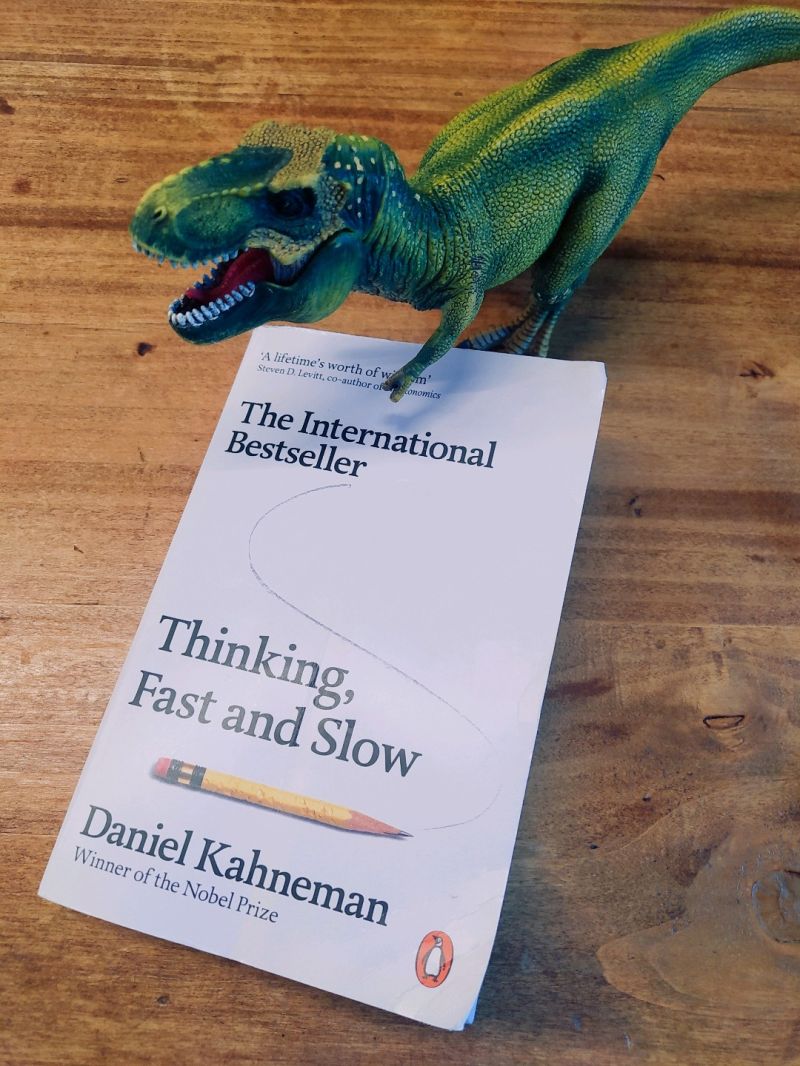
/ Thinking, Fast and Slow
Daniel Kahneman
“Why is it so difficult for us to think statistically? We easily think associatively, we think metaphorically, we think casually, but statistics requires thinking about many things at once. […]
The difficulties of statistical thinking describe a puzzling limitation of our mind: our excessive confidence in what we believe we know, and our apparent inability to acknowledge the full extent of our ignorance and the uncertainty of the world we live in. We are prone to overestimate how much we understand about the world and to underestimate the role of chance in events.”
14° – 10/10/22
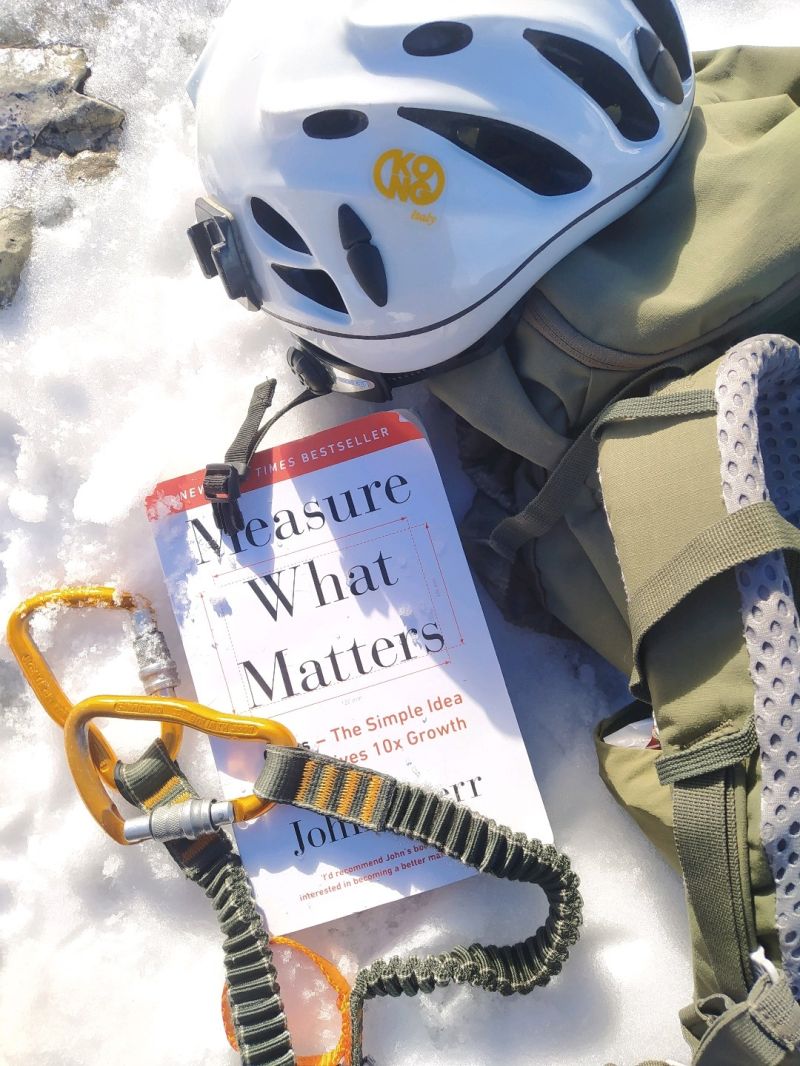
/ Measure What Matters
OKRs – The Simple Idea That Drives 10x Growth
John Doerr
“In God we trust; all others must bring data.”
W. Edwards Deming
13° – 3/10/22
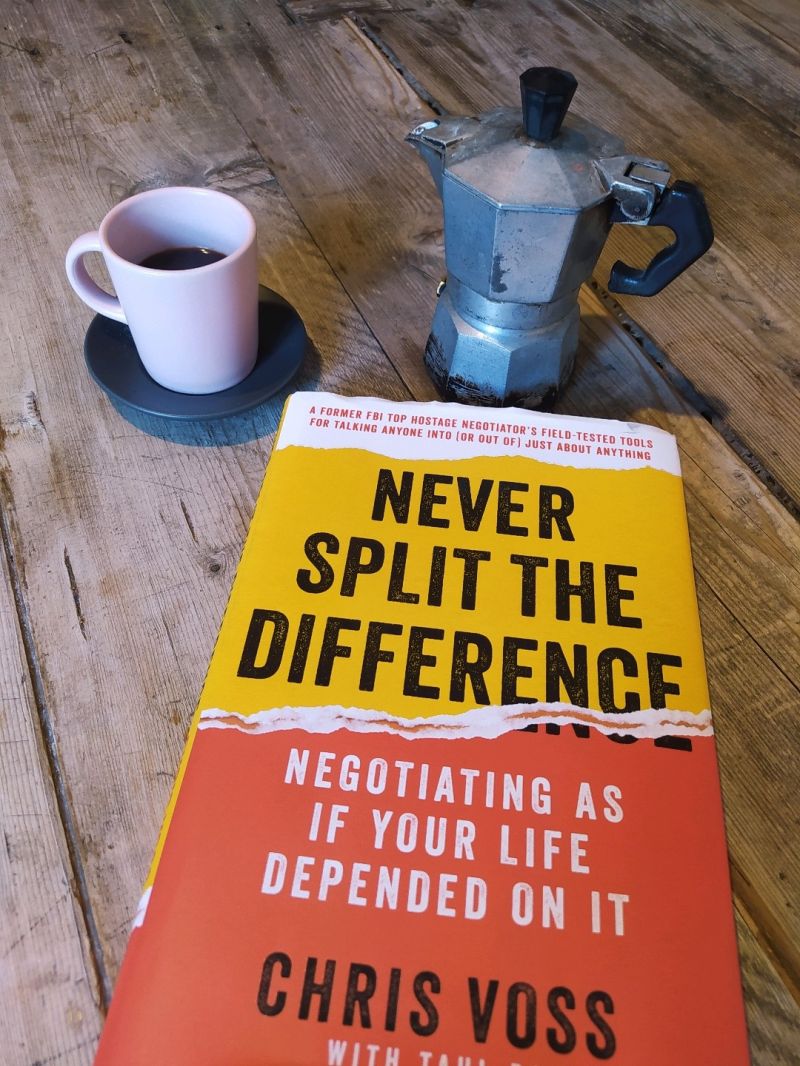
/ Never split the difference
Negotiating as if your life depended on it.
Christopher Voss
“You are not rational; there is no such thing as ‘fair’; compromise is the worst thing you can do; the real art of negotiation lies in mastering the intricacies of No, not Yes. ‘No’ is the start of the negotiation, not the end of it. We’ve been conditioned to fear the word ‘No’. Change is scary, and ‘No’ provides a little protection from that scariness.”
12° – 26/09/22

/ Testing Business Ideas
A field guide for rapid experimentation.
David Bland
Alexander Osterwalder
“Experimenting is the activity of reducing the risk of pursuing ideas that look good in theory, but won’t work in reality. You test ideas by conducting rapid experiments that allow you to learn and adapt.”
11° – 19/09/22

/ Experimentation works
The surprising power of business experiments
Stefan Thomke
“Large-scale experimentation means that companies can systematically kiss a lot of frogs to (hopefully) find a prince. […] but it’s not about throwing many ideas against the proverbial wall to see what sticks (the “spray and pray” technique). Disciplined testing can isolate variables and establish cause and effect.”
10° – 12/09/22
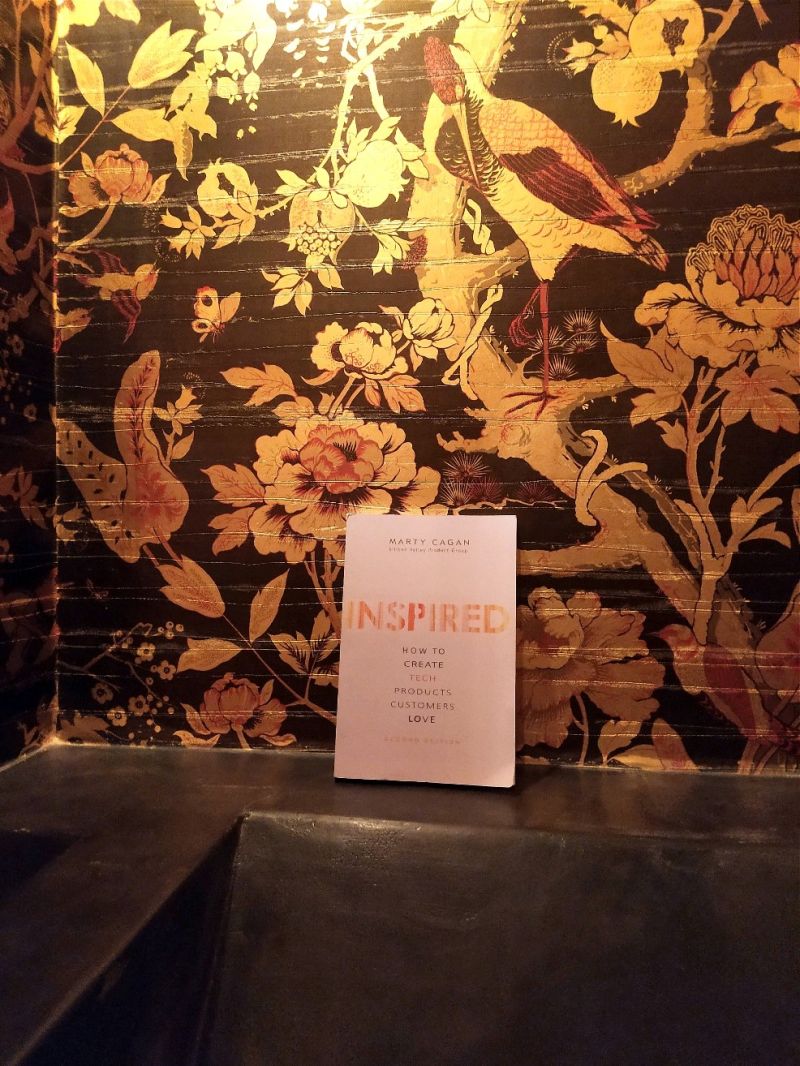
/ INSPIRED
How to create tech products customers love.
Marty Cagan
“Even with the best of intentions, product roadmaps typically lead to very poor business results.
The first inconvenient truth is that at least half of our product ideas are just not going to work.
The second is that it typically takes several iterations to get the execution of this idea to the point where it delivers the expected business value.
This is what product discovery is all about.”
9° – 5/09/22

/ The culture map
Decoding how people think, lead, and get things done across cultures.
Erin Meyer
“Just as fish don’t know they’re in water, people often find it difficult to see and recognize their own culture until they start comparing it with others.
The way we are conditioned to see the world in our own culture seems so completely obvious and commonplace that it is difficoult to imagine that another culture might do things differently.
It is only when you start to identify what is typical in your culture, but different from others, that you can begin to open a dialogue of sharing, learning, and ultimately understanding.”
8° – 29/08/22
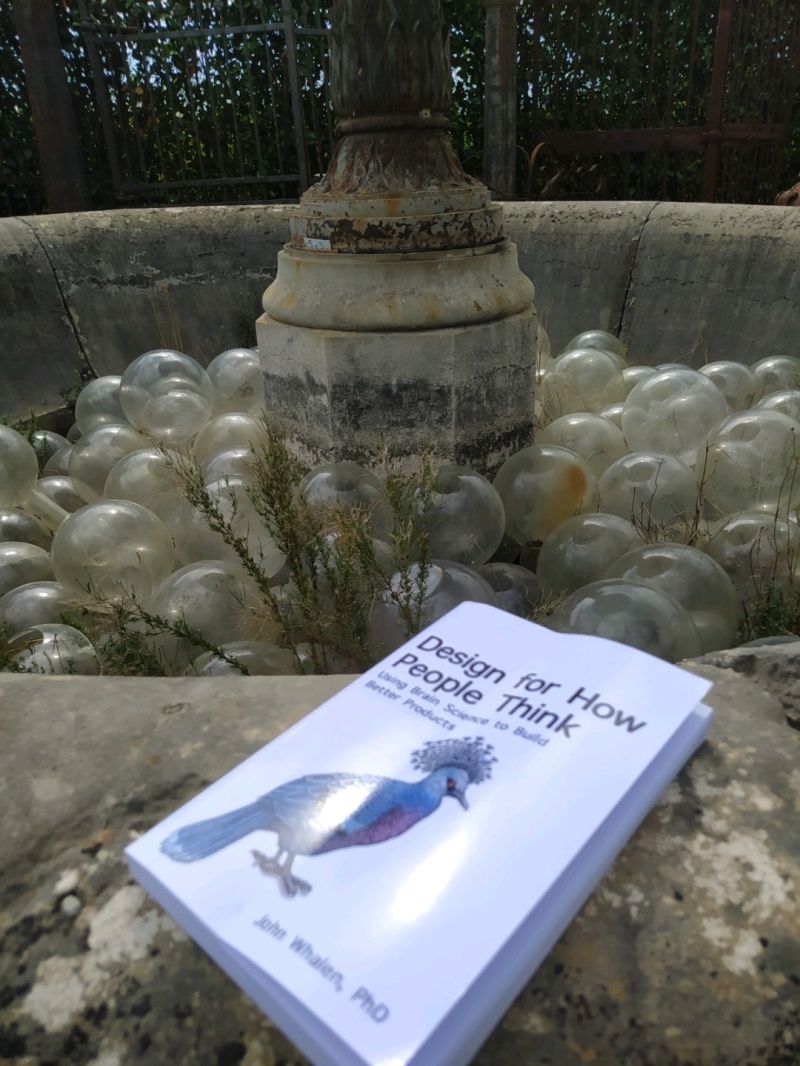
/ Design for How People Think.
Using Brain Science to Build Better Products.
John Whalen, PhD
“Usability testing, market surveys and empathy research are at times both too simplistic and too complicated. They sometimes miss the mark in helping the product team to understand what you need to build.
There is a better way: by understanding the elements of an experience (1. Vision Attention and Automaticity, 2. Wayfinding, 3. Language, 4. Memory, 5. Decision making, 6. Emotion) you can better identify audience needs at different levels of explanation.”
7° – 22/08/22

/ A Brief History of Time.
(Dal Big Bang ai buchi neri. Breve storia del tempo)
Stephen W. Hawking
“We go about our daily lives understanding almost nothing of the world. […] There are children who want to know what a black hole looks like; what is the smallest piece of matter; why we remember the past and not the future; and how it is, if there was chaos early, that there is, apparently, order today.”
6° – 15/08/22

/ The Metaverse
And How It Will Revolutionize Everything.
Matthew Ball
“… almost no one had a cohesive, easily communicated, and correct vision of the future. […] Sometimes, emerging tech is seen as a trivial toy. In other cases, its potential is understood, but not its nature. Most often people misunderstand which specific technologies will thrive and why. On occasion, we get everything right except for the timing.”
5° – 8/08/22
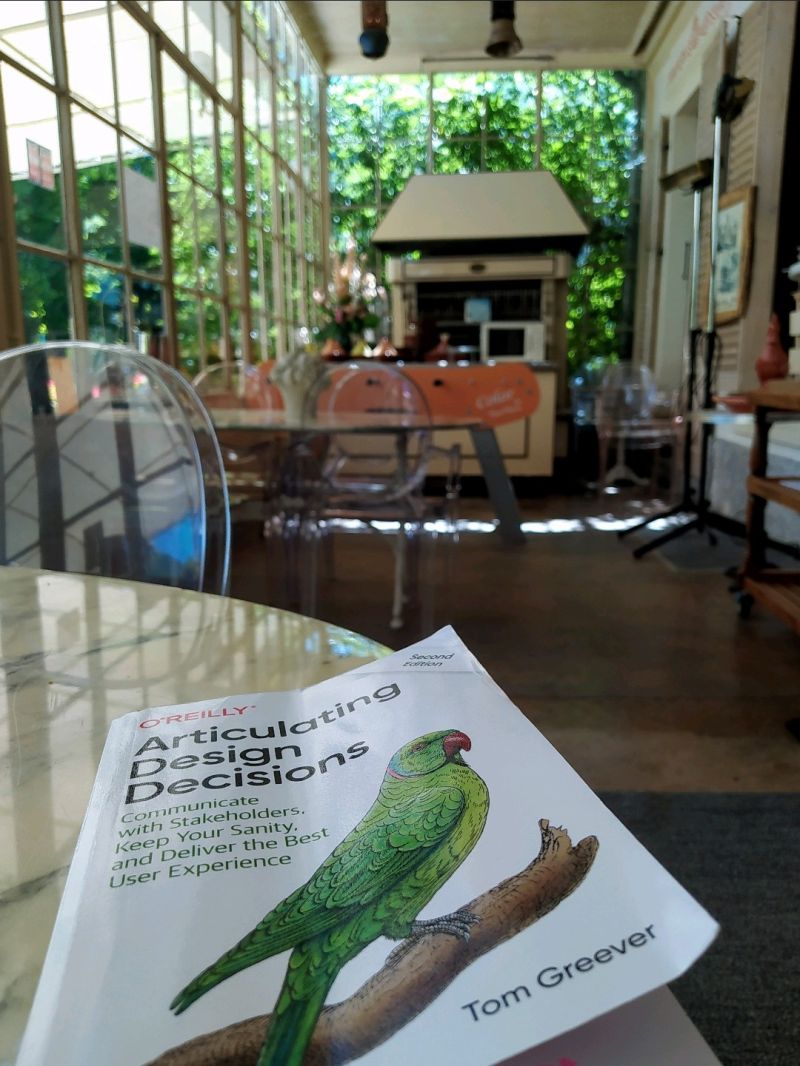
/ Articulating Design Decisions.
Communicate with Stakeholders, Keep Your Sanity, and Deliver the Best User Experience.
Tom Greever
“You can solve the problem, you can make it easy but if you don’t have the support of everyone, that design and those users that we care so much about will never have the opportunity to even see or experience your work and you may even end up shipping a compromised user experience.”
4° – 25/07/22

/ Better Onboarding.
Successfully welcome new users and authentically entice them to keep coming back.
Krystal H.
“Not having heard something is not as good as having HEARD it;
having heard it is not as good as having SEEN it;
having seen it is not as good as KNOWING it;
knowing it is not as good as putting it into PRACTICE.”
3° – 18/07/22
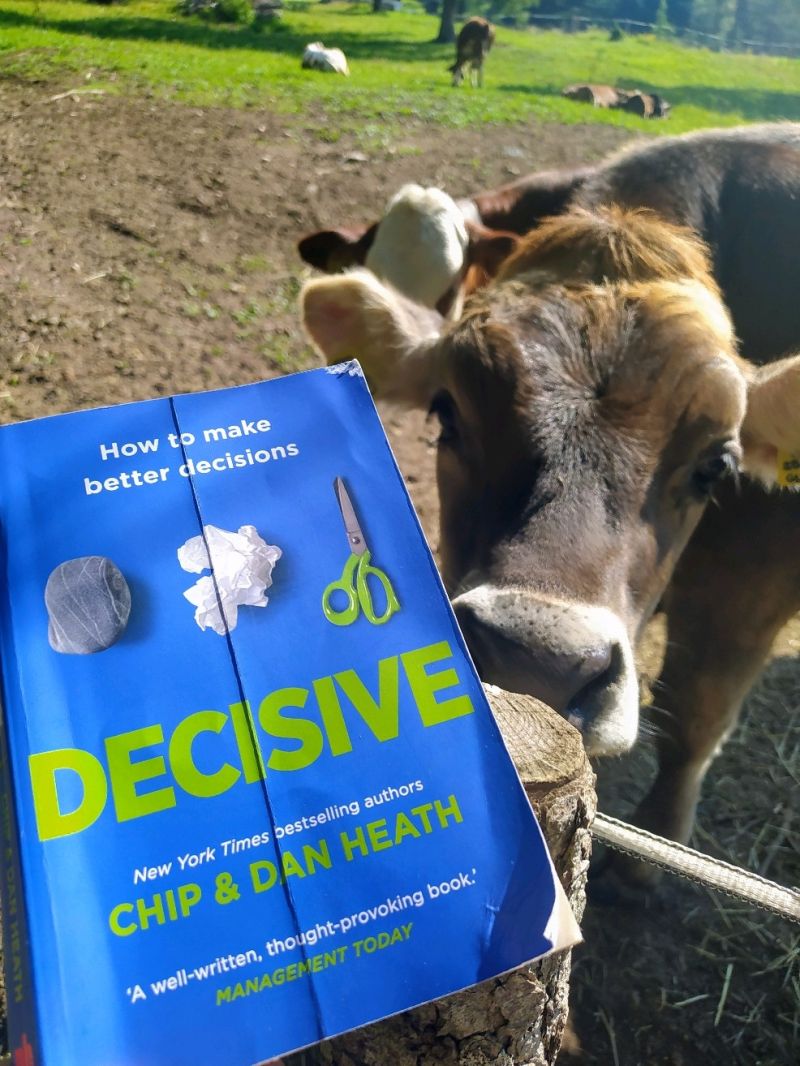
/ Decisive.
How to make better decisions.
Chip & Dan Heath
“Our supposedly rational brains are frequently tripped up by powerful biases and illogical, wishful thinking.”
2° – 11/07/22
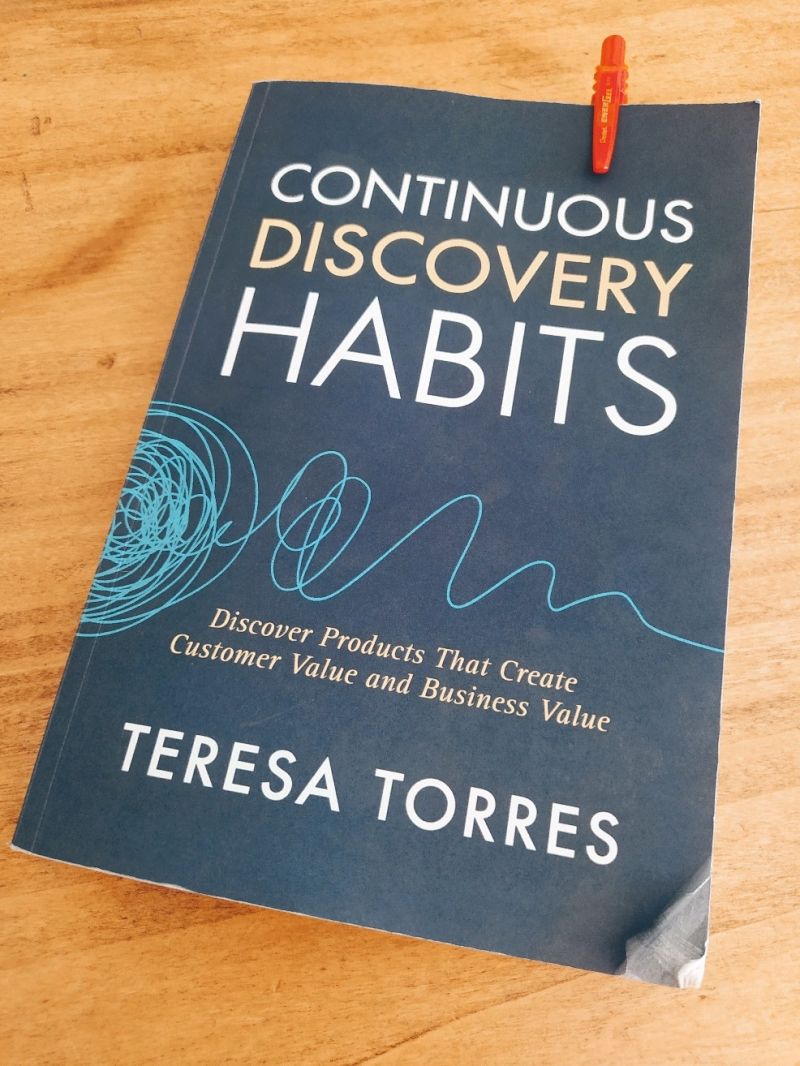
/ Continuous discovery habits.
Discover Products That Create Customer Value and Business Value.
Teresa Torres
“If I had an hour to solve a problem, I’d spend 55 minutes thinking about the problem and 5 minutes thinking about solutions.” Albert Einstein
1° – 4/07/22